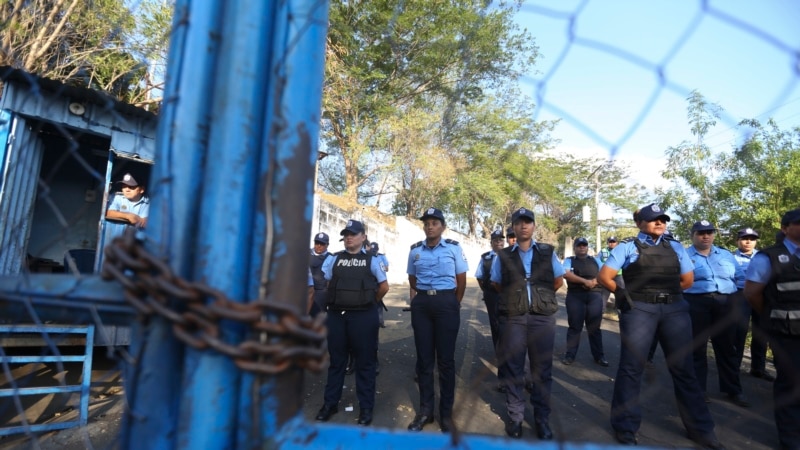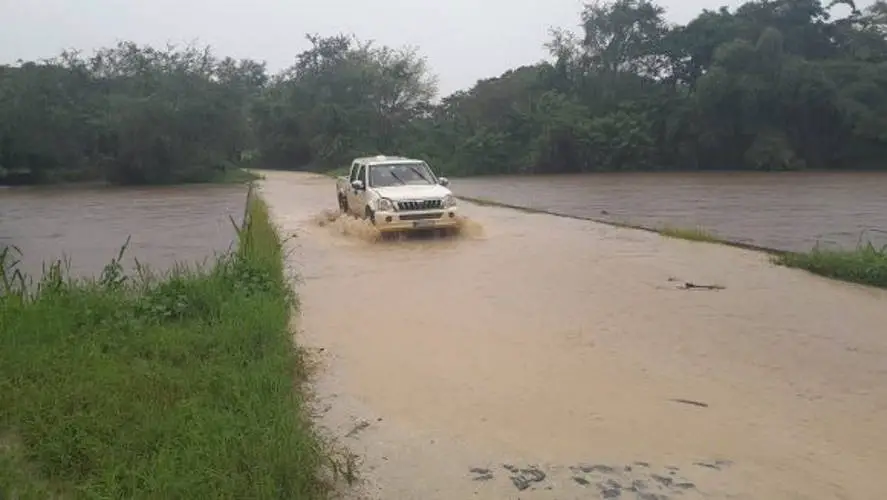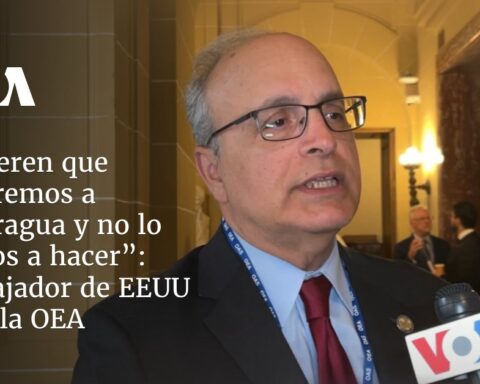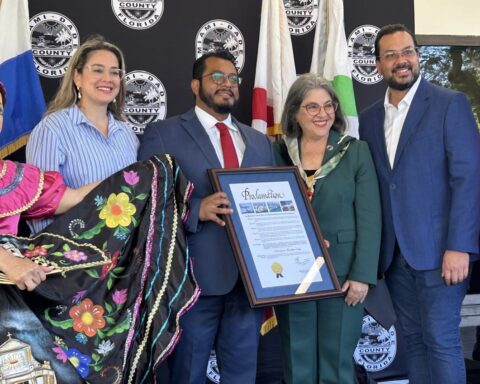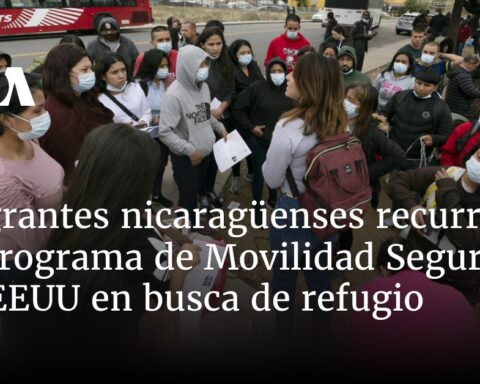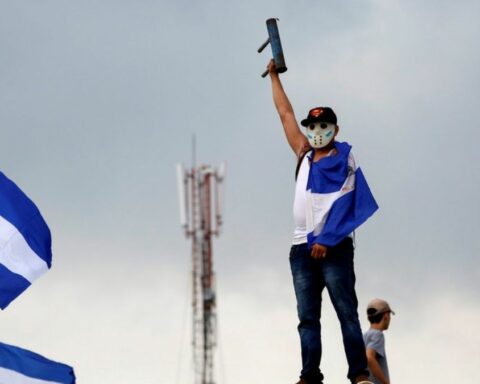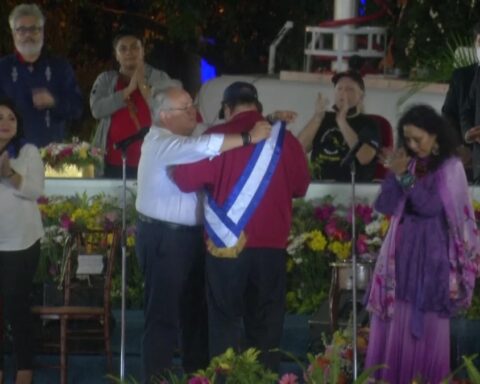A surveillance program recently announced by the government of Daniel Ortega in Nicaragua called “Security that guarantees peace” has aroused mistrust and fear among opponents and experts in the Central American country.
The program it was announced a week ago by the vice president of the government and first lady, Rosario Murillo, and exhibited as an initiative that seeks citizen security.
“We have the program that the National Police and the Ministry of the Interior are developing, which have already visited 43,000 mothers with all issues related to security at home, in the Family and citizen security,” said the deputy head of government. .
Murillo did not specify the cities where the program is carried out. Government officials tour the homes, he said.
The initiative is seen as a surveillance mechanism, taking into account that Nicaragua is the scene of strong restrictions by Daniel Ortega against opposition groups, the independent press, aspiring presidential candidates, as well as other civil society actors and the Catholic Church.
Elvira Cuadra, a specialist in security issues, said that as a result of the measure “the feeling of fear and insecurity among the population has grown, the population’s fear of the political violence that the State exerts on citizens,” she told the Voice of America.
The Office of the UN High Commissioner for Human Rights recently warned about the “repression” of the Ortega government against internal dissent.
According to the UN, at least 63 people were detained “arbitrarily” in the month of May in Nicaragua, 55 of them in a single night, collected Associated Press.
“During their custody hearings, none of the 55 defendants had a lawyer of their choice and instead they were represented by a public defender who was imposed on them,” denounced Marta Hurtado, spokeswoman for the UN office.
“Paralyze” discontent
Analyst Ricardo Baltodano believes that the intention of the program announced by Murillo is to implement greater surveillance of citizens and identify opponents of the government.
“Mrs. Murillo made official the brutal levels of persecution that have been unleashed as an alternative mechanism to generalized imprisonment,” said Baltodano.
The National Police, one of the institutions in charge of visiting homes, is one of the entities sanctioned by the United States government for human rights violations.
“All focused on causing terrible fear in the population and internal political paralysis,” concluded Baltodano.
Since 2018 in Nicaragua there has been a boom in the political crisissince a civic rebellion was violently suppressed by the police and paramilitary forces, leaving more than 300 dead, thousands of 2,000 injured and at least 100,000 exiled, according to international organizations such as the Inter-American Commission on Human Rights of the OAS.
Connect with the Voice of America! Subscribe to our channel Youtube and activate notifications, or follow us on social networks: Facebook, Twitter and Instagram.

